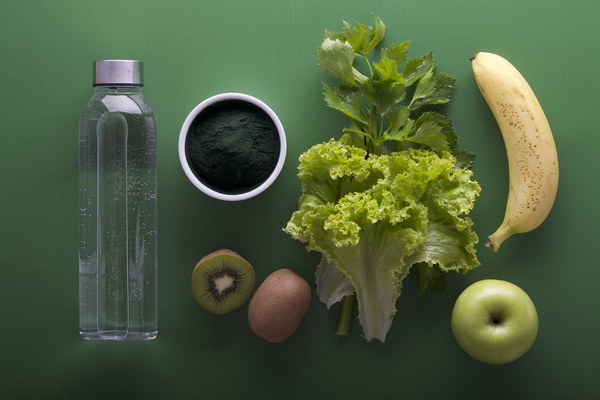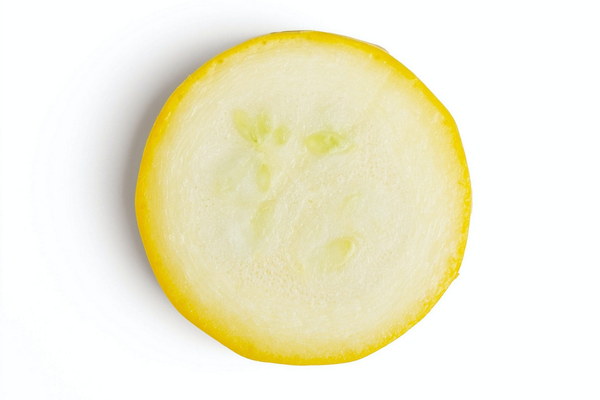The Essential Guide to Nurturing Your Kidneys During the Winter Season
As the cold winter months approach, it's essential to prioritize kidney health. The kidneys play a crucial role in filtering waste and toxins from the body, maintaining fluid balance, and producing red blood cells. In this article, we'll explore why it's vital to nurture your kidneys during the winter season and how you can take proactive steps to support their well-being.
Why Do We Need to Focus on Kidney Health During Winter?
1. Cold Weather and Blood Flow: As temperatures drop, blood vessels constrict to conserve heat. This constriction can lead to decreased blood flow, which can strain the kidneys, especially for individuals with pre-existing kidney conditions.
2. Dehydration: Cold weather often leads to a decrease in thirst, which can result in dehydration. Proper hydration is essential for kidney function, as it helps to flush out waste products and maintain healthy blood pressure.
3. Increased Risk of Infections: The winter months are prime time for colds, flu, and urinary tract infections. These infections can put additional stress on the kidneys, as they work to eliminate the pathogens from the body.
4. Vitamin D Deficiency: Limited sunlight during winter can lead to vitamin D deficiency, which is associated with kidney disease. Vitamin D plays a vital role in calcium absorption and bone health, and its deficiency can contribute to kidney dysfunction.
5. Dietary Changes: The winter season often brings an increase in the consumption of high-sodium and high-potassium foods, such as salted snacks and canned vegetables. Excessive intake of these nutrients can strain the kidneys.
How to Nourish Your Kidneys During Winter

1. Stay Hydrated: Drink plenty of water, even if you're not feeling thirsty. Aim for at least 8 to 10 glasses of water daily to support kidney function.
2. Warm Up with Kidney-Friendly Foods: Incorporate kidney-friendly foods into your diet, such as lean proteins, leafy greens, nuts, and seeds. These foods are rich in antioxidants and nutrients that support kidney health.
3. Limit Salt and Potassium Intake: Reduce the amount of salt and potassium in your diet. Choose fresh, unprocessed foods and avoid canned or packaged items, as they often contain high levels of these nutrients.
4. Exercise Regularly: Regular physical activity improves blood flow and helps to maintain healthy kidney function. Aim for at least 150 minutes of moderate-intensity aerobic exercise or 75 minutes of vigorous aerobic exercise each week.
5. Manage Chronic Conditions: If you have a pre-existing kidney condition, such as diabetes or hypertension, work closely with your healthcare provider to manage these conditions effectively.
6. Protect Against Infections: Practice good hygiene, such as washing your hands frequently and urinating after sexual intercourse, to reduce the risk of urinary tract infections.
7. Get Enough Vitamin D: Spend time outdoors during daylight hours to boost your vitamin D levels or consider taking a vitamin D supplement, especially if you have limited sun exposure.
8. Avoid Over-the-Counter Medications: Some over-the-counter medications, such as pain relievers and decongestants, can be harmful to the kidneys. Always consult your healthcare provider before taking new medications.
By prioritizing kidney health during the winter season, you can help ensure that your body remains strong and resilient. Remember that prevention is key, and taking proactive steps to support your kidneys can lead to a healthier, happier winter.









